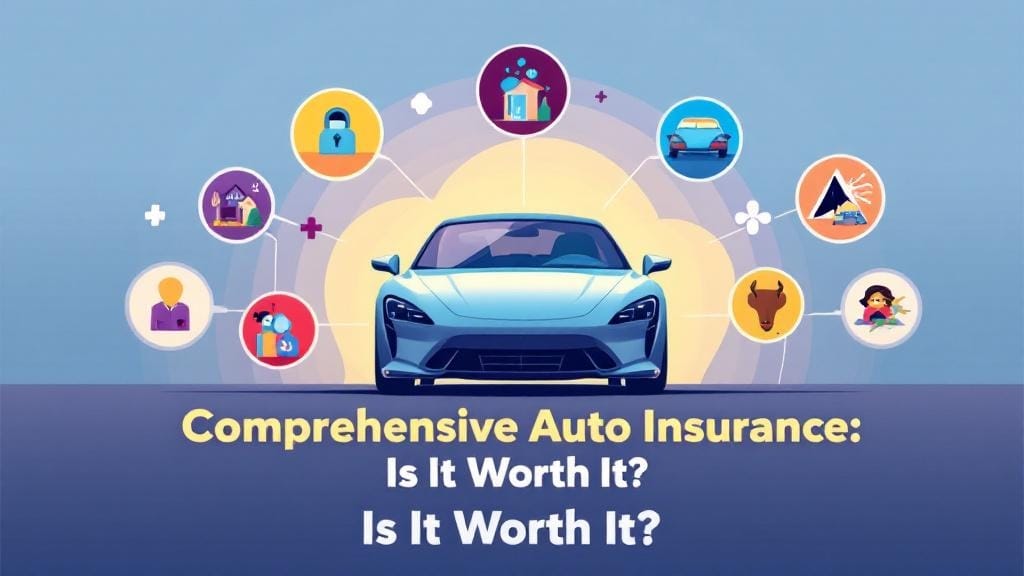Managing personal debt can feel overwhelming. Whether it’s credit card bills piling up or a lingering loan you’re struggling to pay off, the pressure from creditors can make things even worse. how to negotiate with creditors But the good news is: You don’t have to suffer in silence. One of the most effective ways to regain control of your finances is by negotiating with creditors and reducing your debt. With the right debt negotiation strategies, you can create a manageable plan that works for both you and your creditors.
In this guide, we’ll walk you through the best practices on provide debt settlement tips, and discuss how to reduce credit card debt. If you’re asking yourself, “Can I negotiate my debt without a lawyer?”, or wondering about the best ways to deal with debt collectors, you’re in the right place!
Let’s dive in!
How to negotiate with creditors?
Negotiating with creditors might sound intimidating, but it’s a powerful tool that can help you lower your debt and avoid financial ruin. When creditors see you’re serious about paying off your debts, they often prefer to work with you rather than risk losing everything. By negotiating effectively, you could secure:
-
Lower interest rates: Reducing your interest rate makes it easier to pay down your debt faster.
-
Debt forgiveness: In some cases, creditors may agree to forgive part of your debt, allowing you to pay a reduced amount.
-
Revised payment terms: You can arrange for lower monthly payments or even a longer repayment term to ease the financial burden.
-
Avoiding collections: Instead of dealing with debt collectors, direct negotiations with the creditor can prevent your account from going to collections.
If you’re ready to reduce credit card debt or settle loans, understanding how to handle the negotiation process is key. But first, let’s explore the strategies that can help you negotiate effectively.
Debt Negotiation Strategies
1. Know What You Owe and What You Can Afford
Before you even pick up the phone, gather all the information you need. This means knowing exactly how much debt you owe to each creditor, the interest rates, the terms, and any fees that have been added over time. You’ll also want to have a clear understanding of your financial situation—what you earn, what you owe, and what you can realistically afford to pay.
Having this knowledge allows you to:
-
Be specific about the amount you’re able to pay
-
Avoid unrealistic promises
-
Demonstrate your commitment to repaying your debt, which will make creditors more likely to work with you
2. Start the Conversation Early
When you’re facing debt, time is of the essence. The earlier you reach out to your creditors, the more options you may have. Proactive communication is crucial. If you wait until your debt goes into collections, you’ll lose leverage.
-
Tip: Try to reach out when you’re just starting to struggle, not after missing several payments. Being upfront shows responsibility, and creditors may be more inclined to help you.
3. Offer a Lump-Sum Payment
Creditors would prefer to receive some money rather than risk getting nothing. If you have access to savings, tax refunds, or any other lump-sum payments, you might consider offering them to your creditors in exchange for a reduced settlement.
-
Example: Let’s say you owe $10,000 on a credit card, but you have $5,000 available. You could propose to settle the debt for $5,000 as a lump-sum payment, which might be a reasonable offer the creditor is willing to accept.
4. Negotiate a Lower Interest Rate
One of the most effective debt negotiation strategies is to reduce your interest rate. If you’ve been consistently paying off your debt without much progress, creditors may agree to lower the interest rate to make it easier for you to pay off the debt over time.
-
Tip: Make sure to ask for an interest rate reduction when you have a strong payment history or if your credit score has improved.
5. Set Up a Payment Plan
If you can’t afford a lump-sum payment, ask if you can arrange for a manageable payment plan. You can negotiate a lower monthly payment or extend the loan term to make your payments more affordable.
-
Example: You owe $12,000 to a creditor, but your monthly budget can only accommodate $300. You could negotiate with the creditor to lower your monthly payment or extend the loan period to fit your financial situation.
Settling Debt with Creditors
Settling debt is another common route people take when negotiating with creditors. Debt settlement typically involves negotiating with a creditor to accept a lower amount than what you owe, thus eliminating the remaining balance. But it’s not always as easy as it sounds, so here are some tips to help you through the process.
1. Evaluate Your Options
Before you attempt to settle your debt, consider if it’s the best solution for your financial situation. Debt settlement can affect your credit score, so it’s important to weigh the pros and cons. If you’re planning to buy a home or take out a loan soon, settling might not be the best option.
-
Tip: If you can’t afford to pay the full amount, settling might be a better option than letting your debt go to collections.
2. Make an Offer That Works for You
When negotiating a settlement, creditors may be willing to accept less than the total balance if you can show them that paying in full isn’t possible. Typically, you’ll want to offer a portion of what you owe upfront as a lump sum payment. However, be prepared for a counteroffer.
-
Example: If you owe $8,000, you could start by offering $4,000 as a settlement. The creditor may counter with $6,000. Be willing to negotiate until you arrive at a fair agreement.
3. Get Everything in Writing
Once you reach an agreement with a creditor, make sure to get it in writing. This protects you in case the creditor tries to claim you owe more later.
-
Tip: Request that the creditor provides written confirmation that the settled debt will be reported as “paid in full” or “settled.”
Dealing with Debt Collectors
Sometimes, your debt may be handed over to a collection agency. Debt collectors can be aggressive, but there are ways to handle them without letting them intimidate you.
1. Know Your Rights
The Fair Debt Collection Practices Act (FDCPA) protects consumers from abusive debt collection tactics. Debt collectors are not allowed to:
-
Call you at unreasonable hours (e.g., before 8 a.m. or after 9 p.m.)
-
Harass, threaten, or use obscene language
-
Call your family members or employer about your debt
If a debt collector is breaking the law, you can report them to the Consumer Financial Protection Bureau (CFPB).
2. Keep Records
Whenever you communicate with debt collectors, keep a written record of all correspondence, including emails, letters, and phone calls. If you agree to any payment arrangements, get it in writing.
-
Tip: Always make your payments through traceable methods (e.g., checks, bank transfers) to avoid disputes later on.
FAQs About Debt Negotiation
How do I negotiate with credit card companies to lower debt?
The best way to negotiate with credit card companies is by reaching out to their customer service department and asking for a lower interest rate or a payment plan that fits your budget. Be polite, persistent, and provide details about your financial hardship.
What is the best way to settle debt with creditors?
The best way to settle debt is to offer a lump-sum payment for less than the full balance owed, negotiate terms for a reduced settlement, and get everything in writing.
Can I negotiate my debt without a lawyer?
Yes, you can negotiate your debt without a lawyer. However, if the debt is particularly large or complicated, it may be helpful to consult with a professional to ensure your rights are protected.
How do I talk to creditors about a payment plan?
When talking to creditors about a payment plan, be honest about your financial situation, explain why you’re struggling, and propose a payment amount that you can realistically afford.
What should I say when negotiating a debt payoff?
When negotiating a debt payoff, be clear about what you can afford to pay. Offer a reasonable amount and ask if they’ll accept it as a settlement. If they refuse, be prepared to negotiate.








Comments (0)